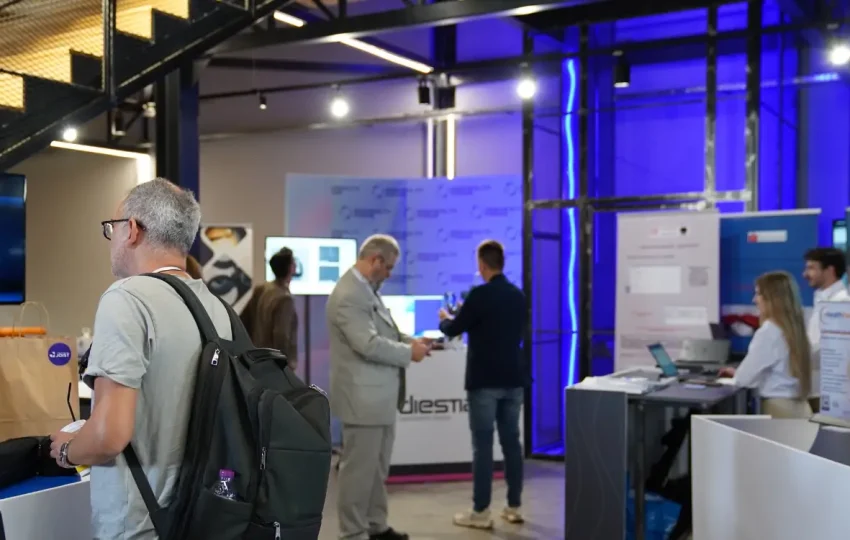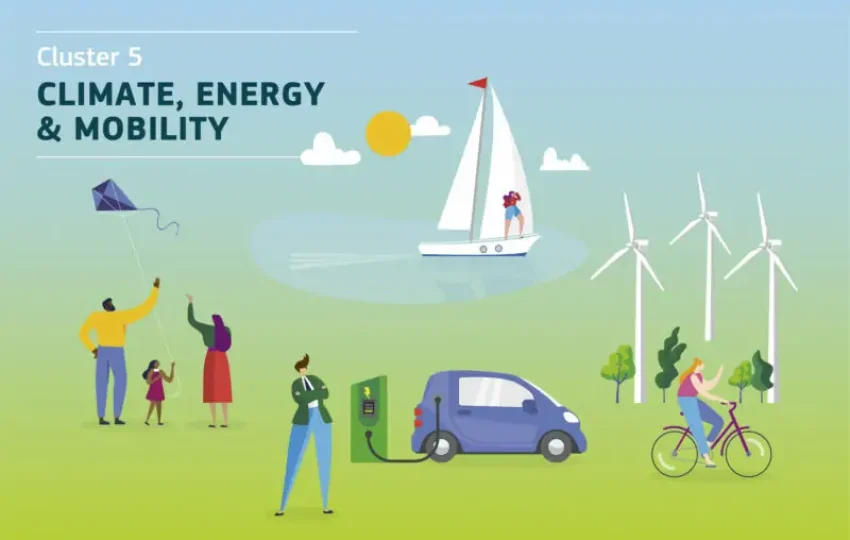When talking about European priorities, in accordance with the grand plan for a United Europe under the same frameworks and principals, the first thing that might pop into our heads is the European Education Area.
An Education Initiative by the EU
The European Education Area is an initiative by the EU, aiming at enabling all young people across Europe to benefit from the best educational material and find employment across Europe. And the notion is equally important and necessary. The number of young unemployed people is rising. Even those that travel to other more advanced countries within the European area are still unable to find employment.
Now there are many factors that can add to this outcome. The lack of a unified educational framework is certainly affecting the unemployment rate. However, a problem appears to continue even as we enter the labor market. The problem is the gap between employees and new technologies. And in particular, the knowledge that some employees don’t have in accordance with the modern business standards.
Modern business standards are, nowadays, focusing on technology. New technological advancements are shifting the market and companies cannot fall behind. All business owners want to make sure that they will be able to beat the competition. And technology is the way to do that.
Technologies are essential for business
Technologies in businesses offer employees the comfort they need to advance their work, speed up their processes and take their results to the next level. Businesses with teams that are experts in technological advancements or at least have a very high level have a much higher chance of succeeding. As a result, more and more businesses are aiming to educate their employees. They are adopting a work-based learning model that appears to have great results.
In Europe, with the support of the EU, businesses are becoming partners in European projects, specifically created to provide them with training and educational material for employees. These projects are focusing on both work-based learning as well as VET programmes for unemployed people, NEETs, people with disabilities, people living in remote, rural areas and so on.
In most cases, it is the Erasmus+ financial framework that will announce calls focusing on training employees, trainers and pretty much anyone that can become a part of the labor market. If you have a business and you are interested in adding your employees to an educational framework focused on new technologies, new skills and competencies and anything else that can make them stronger assets for your business, you will want to enter a consortium and take part in an EU project proposal.
Here are some EUcalls that could interest you and could be a great option for you and your business.
Programme: Erasmus+
Call:
Knowledge Alliance
Deadline: 26/02/2020
Budget: €30.000.000
Description: Knowledge Alliances aim at strengthening Europe’s innovation capacity and at fostering innovation in higher education and business.
They intend to:
- develop new, innovative and multidisciplinary approaches to teaching and learning;
- stimulate entrepreneurship and entrepreneurial skills of higher education teaching staff and company staff;
- facilitate the exchange, flow and co-creation of knowledge.
Programme: Erasmus+
Deadline: 25/02/2020
Budget: €16.000.000
Description: This call for proposals will support transnational cooperation projects in the fields of general education and training and adult education. The call comprises two lots, one for general education and training and one for adult education.
Programme: Erasmus+
Call:
Centers for Vocational Excellence
Deadline: 20/02/2020
Budget: €20.00.000.
Description: The overall objective of the call is to support the establishment and development of transnational cooperation platforms of Centres of Vocational Excellence (CoVEs) to connect Centres operating in a given local context at European level.


